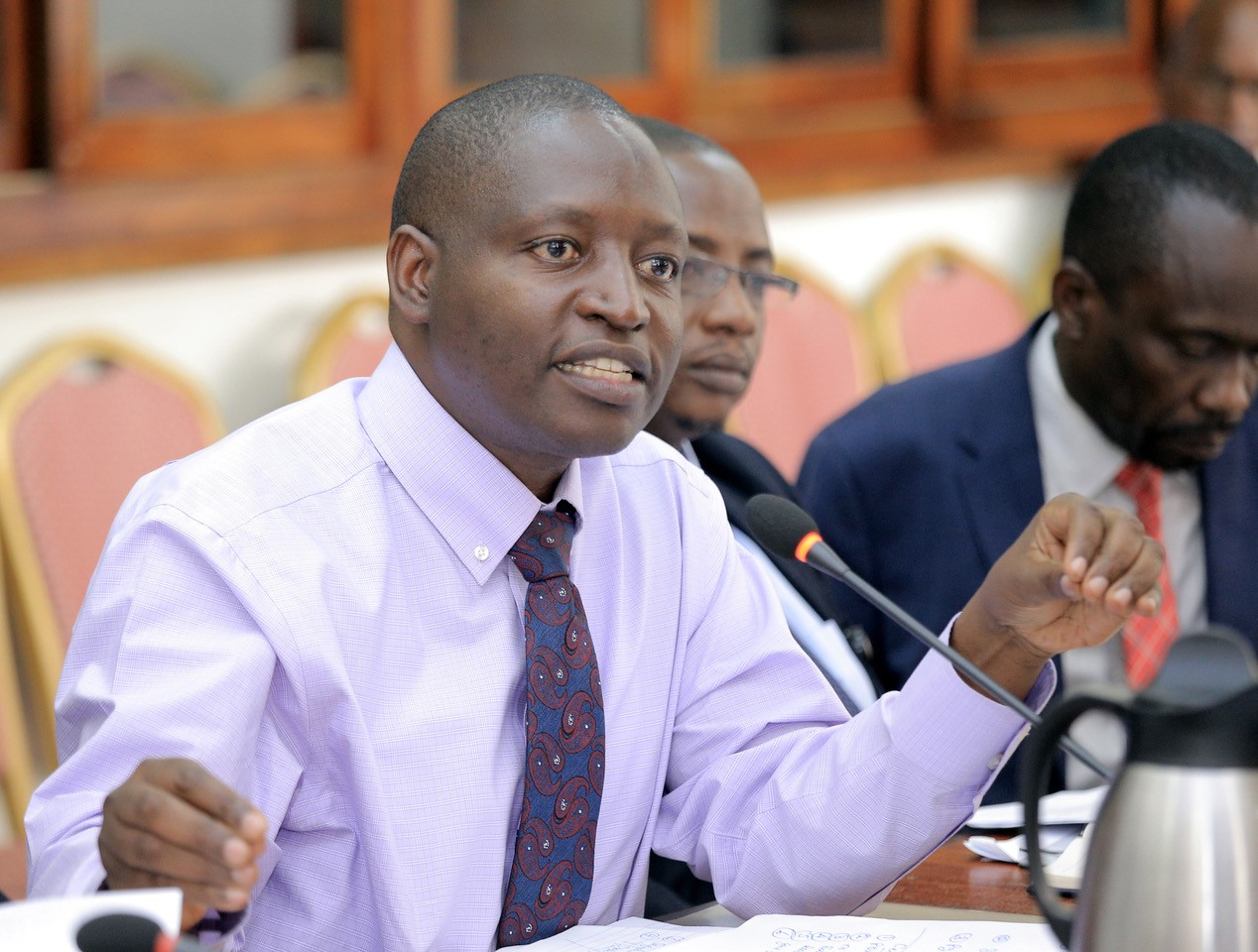Prime
UMA questions govt plan to export medical workers

The deputy Executive Director of Mulago Hospital, Dr Rosemary Byanyima, talks to medical workers last year. The Uganda Medical Association has questioned the move to export medical workers, citing shortage. Photo / David Lubowa
What you need to know:
- Ms Amongi said the development follows visits to the United Arab Emirates and Saudi Arabia in December 2021 that unearthed a huge demand for such professionals.
Government is set to start exporting skilled professionals like doctors, nurses and midwives to the Middle East, the Gender and Labour minister, Ms Betty Amongi, has revealed.
Ms Amongi said the development follows visits to the United Arab Emirates and Saudi Arabia in December 2021 that unearthed a huge demand for such professionals.
The minister signed bilateral agreements with her Middle East counterparts following the visits.
The Uganda Medical Association (UMA) has, however, questioned the move, saying there is an alarming shortage of medical workers in many public health facilities across the country that government should first address.
UMA president Samuel Oledo said Uganda is currently grappling with a deficit of 60 percent for medical doctors.
UMA secretary general Herbert Luswata revealed that the doctor-to-patient ratio in Uganda is 1:20,000.
He added that Uganda needs 4,000 doctors to close the service gap in the health sector.
“Taking medical workers from Uganda to the Middle East will create a very big problem in Uganda. You can’t export before you have secured what’s enough for you,” Dr Luswata said, adding that 1,600 doctors are currently employed with another 1,100 either unemployed or underemployed.
Ms Amongi reasoned that those who for various reasons are unemployed can find solace in the Middle East.
She added that the skilled labour force, which accounts for one percent of exported labour in the Middle East, is remunerated well and hardly faces discrimination.
Other skilled workers to be exported include engineers, plumbers, technicians, mechanics trained certified factory and construction workers, teachers, and welders. In recent times, the failure to treat casual workers plying their trade in the Middle East has been illuminated.




